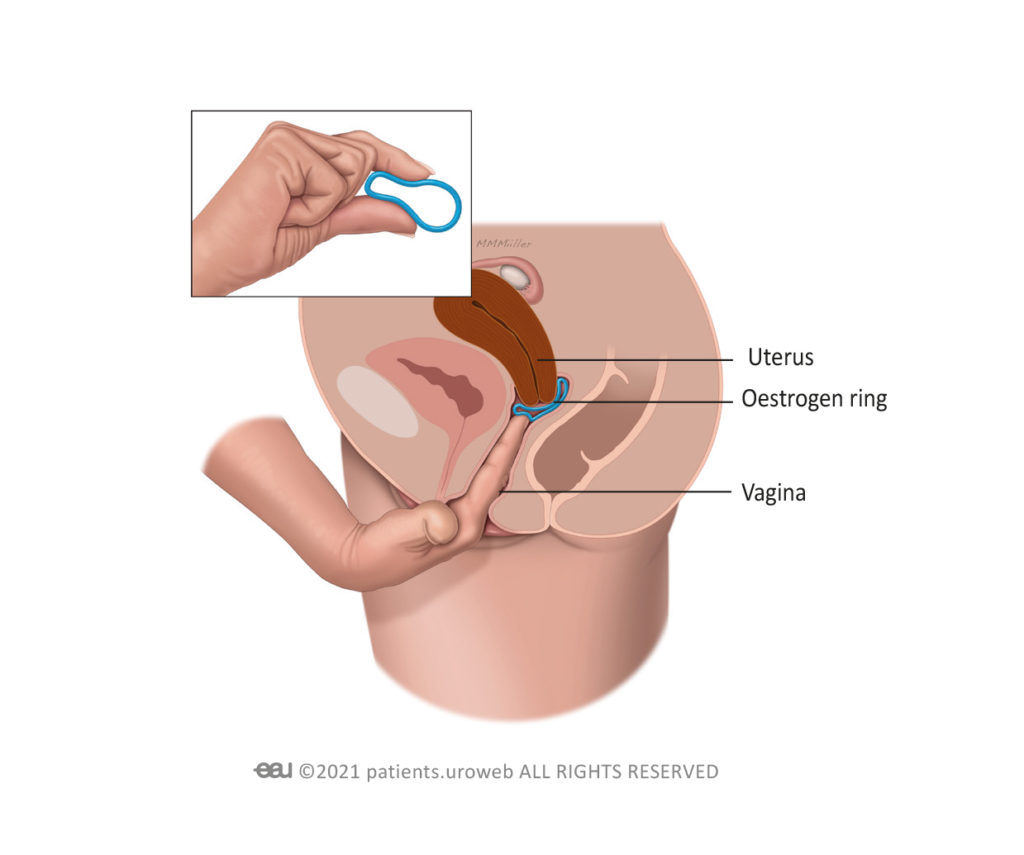Anticholinergics
Anticholinergic medication is often shortened to anticholinergics or called ‘muscarinic blockers.’ They are a type of medication that reduce how often you feel the need to urinate.
Common side effects include dry eyes, dry mouth, acid reflux or indigestion and constipation. These drugs are not recommended for long-term use in elderly people as they can increase the chances of mental impairment.
Bladder relaxing medicines (receptor beta-3 agonists)
Receptor beta-3 agonists stimulate a specific type of receptor in the body. They work by relaxing the bladder muscle so that it can comfortably hold more urine, which reduces how often you need to urinate.
Common side-effects of receptor beta-3 agonists include headaches, symptoms like the common cold, high blood pressure, and urinary tract infections.
Urine reduction medicines (antidiuretics)
Sometimes nocturia is caused by the kidneys making too much urine at night. If this is the case, your doctor may recommend a type of medicine called an antidiuretic hormone (ADH) analogue. ADH is a hormone that helps keep the right amount of water in the body by making the kidneys take in more water. These medicines act like the natural ADH hormone in our bodies and can be used to reduce the amount of urine you make at night.
Common side effects include headache, nausea, abdominal pain and hot flushes /flashes. Other known side effects include water retention, which can lead to swelling in the hands, feet, or ankles, and hyponatremia (low levels of sodium in the blood).
It’s important to note that some of these side effects, such as hyponatremia, can be serious and require medical attention.
Daytime urine production medicines (diuretics)
In some circumstances, doctors may recommend medications that increase urine production during the day so that your body produces less urine at night. These are sometimes called ‘water tablets’ or diuretics and should be taken 6 hours before bedtime. Producing less urine at night means that you are less likely to be woken up during your sleep.
Common side effects of diuretics include dehydration, gout, low salt or potassium levels in your blood, dizziness, and low blood pressure.
Prostate medicines (alpha blockers)
For some men experiencing nocturia, their doctor may prescribe medicines called alpha blockers. Alpha blockers relax the muscle in the prostate gland or reduce the size of the prostate. This is because the prostate is close to the bladder and these medicines can aid the process of fully emptying the bladder. Alpha blockers are not specifically designed to treat nocturia. While taking these medicines may improve bladder emptying during the day, there is limited evidence to suggest that they can reduce the need to urinate at night. Your doctor can provide more information on whether these medicines are right for you.
Side effects of alpha blockers are mild, and most men do not experience any. In those who do, loss of strength, dizziness, and slightly reduced blood pressure, are possible but temporary. It is possible that these medicines can affect sexual function (sex drive and ejaculation).
Topical/vaginal oestrogen
Some women may be recommended to take oestrogen to help with their nocturia. Oestrogen can be in the form of a cream that is applied to the skin, as a tablet that is inserted into the vagina, or as a ring that slowly releases oestrogen and is placed inside the vagina.
Common side effects include vaginal discharge or bleeding, breast tenderness or enlargement, headache, nausea, abdominal pain, skin rash or irritation. Other known side effects include an increased risk of blood clots, and increased risk of endometrial cancer (when used alone without a progestin).
It’s important to note that some of these side effects, such as an increased risk of blood clots and endometrial cancer, are rare but can be serious. Women who have a history of blood clots, certain cancers, or other medical conditions may not be offered topical or vaginal oestrogen treatment.



